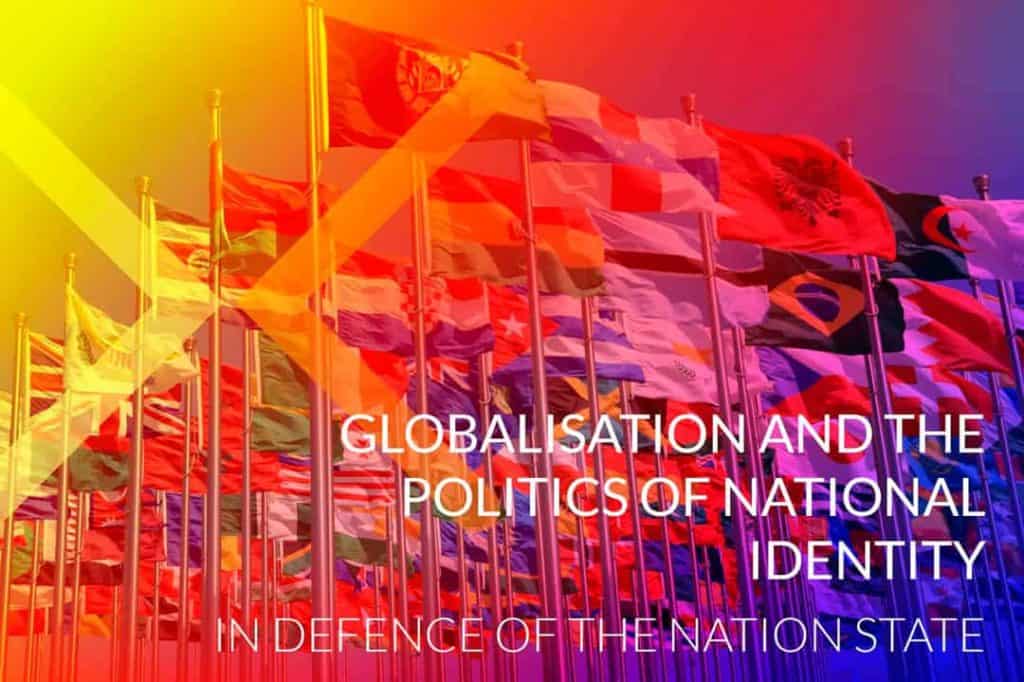In the wake of the Christchurch tragedy, this month’s Globalisation Outlook moves away from the newsletter format to a short essay on the politics of national identity. A summary of the main points is below.
THE NATION STATE REMAINS THE LAST BASTION STANDING AGAINST SOCIETAL BREAKDOWN AND THE EROSION OF OUR DEMOCRACIES
- The political left has always been the champion of identity politics. The politics of national identity is the only area that has been ceded to the right.
- Identity politics is a consequence of groups feeling marginalised or excluded. The rise of globalism and ‘the multicultural society’ has fueled the rise of a politics of national identity – just as cosmopolitanism led to nationalism in the past – a past from which we have seemingly not learnt enough.
- Some argue that all forms of identity politics based on group marginalization is itself what fractures civil polity and becomes counterproductive.
- Globalism is as much a form of identity politics as is nationalism – and can be just as divisive. It simply appeals to a different tribe of people.
- For many, globalism is seen as robbing them of their emotional home – the comfort of a familiar cultural environment with which they strongly identify.
- Globalisation has fractured the concept of a ‘political economy’. While political legitimacy still rests with the nation-state or sub-national units, economies have become trans-national. It is debatable whether our democracies can survive such a fracture.
- As we contemplate the continued erosion of our social fabric, it is worth asking: with the waning of religion, ethnicity, geography and common cultural norms, what is it that will hold our societies together?
- We argue that the nation-state with a shared narrative, a common set of cultural norms, and the feeling of solidarity that is essential to maintaining a welfare state, remains the last bastion of societal cohesion. Those who continue to undermine the nation-state should be wary as to whether our democracies and societies can survive their efforts.
- Recognizing that a multi-religious society is not the same as a multicultural one, Germany has called for the development of ‘an Islam for German Muslims that belongs to Germany’
- We argue for a revival of internationalism (or inter-nationalism) – the nurturing of willingly given cooperation between culturally and socially cohesive nation states – to replace the identity politics of globalism.
- As for the EU, we believe that Germany is right in resisting Macron’s man-in-a-hurry attempts at further integration. Such changes need to be evaluated in generational time frames, not electoral cycle ones.
- The danger lies in fueling the nationalist backlash by emasculating the cultural and social cohesion provided by nation-states well before European culture and solidarity are strong enough to have any hope of filling that void





